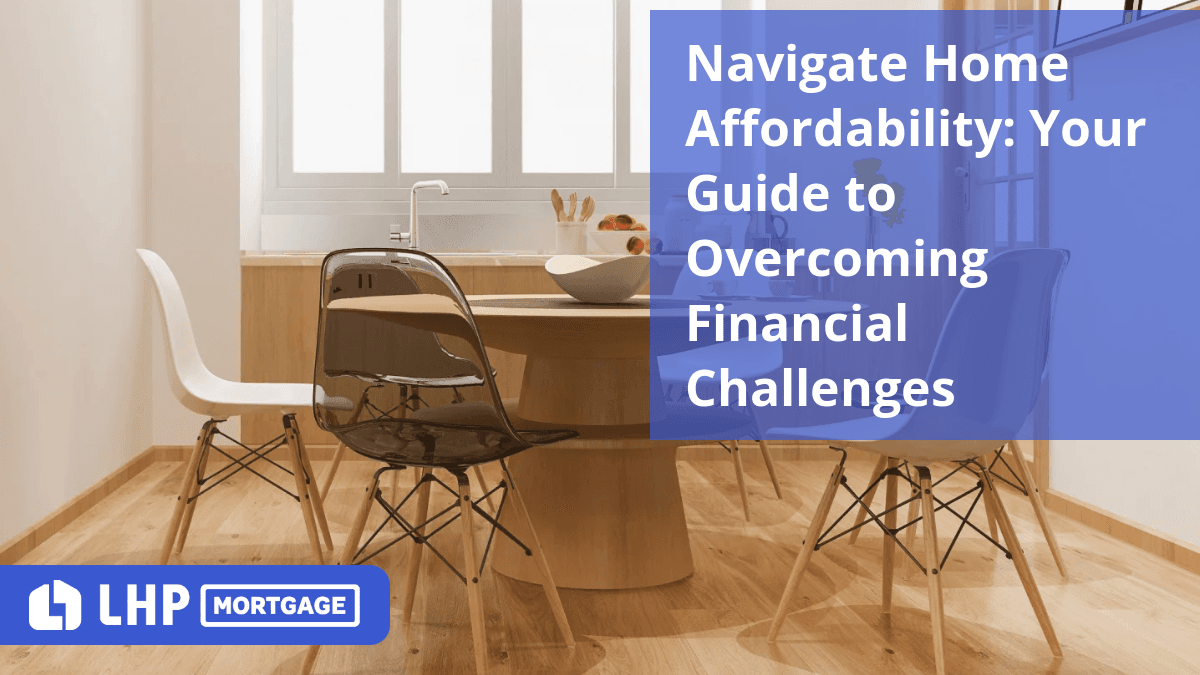
Navigating the journey to homeownership can feel like climbing a mountain, especially when you face financial challenges along the way. Many potential homeowners wonder how they can afford the home of their dreams amidst rising costs and economic uncertainties. Understanding home affordability is the first step to overcoming these obstacles and moving closer to your goal of owning a home.
To start, it is essential to grasp what home affordability truly means. It involves not only the price of the home but also your current financial situation, including your income, debts, savings, and credit score. A well-rounded picture of your finances will help you determine what you can afford without stretching your budget too thin. Knowing this information is vital as it allows you to make informed decisions that align with your financial capacities.
One of the key factors in assessing home affordability is your income. Take a close look at your monthly earnings and consider all sources of income. This includes your primary job, any side gigs, or passive income streams. Understanding your total income helps you establish a budget for how much you can comfortably spend on a monthly mortgage payment.
Next, it is crucial to account for your existing debts. Lenders typically look at your debt-to-income ratio, which compares your monthly debt payments to your gross monthly income. A lower ratio indicates better financial health and makes it easier to qualify for a mortgage. If your debt is high, consider strategies to pay it down before applying for a mortgage. This might involve focusing on paying off high-interest debts first or consolidating loans to simplify payments.
Savings also play a significant role in home affordability. Not only do you need funds for a down payment, which can range from a few percent of the home price to 20% or more, but you should also have savings to cover closing costs and other expenses that come with homeownership. Building a solid savings plan can help ensure you have the necessary funds when it's time to make your move.
Your credit score is another critical element in the home-buying process. A strong credit score can open the door to more favorable loan terms and lower interest rates. If your credit score needs improvement, focus on paying down credit card balances, making payments on time, and reviewing your credit report for inaccuracies. Taking these steps not only enhances your credit score but also demonstrates to lenders that you are a responsible borrower.
When looking at home affordability, it is also essential to consider the costs of homeownership beyond the mortgage payment. This includes property taxes, homeowners insurance, maintenance, and utilities. These expenses can add up quickly, so be sure to include them in your budget. By planning for these additional costs, you can avoid financial strain once you become a homeowner.
Lastly, if you find yourself feeling overwhelmed, remember that there are resources available to help you. Many organizations offer financial counseling to guide you through budgeting, debt management, and the mortgage application process. Educating yourself about your options can empower you to make the right choices for your financial future.
Navigating home affordability may seem challenging, but with careful planning, knowledge, and the right resources, you can overcome financial obstacles to achieve the dream of homeownership. If you have questions about your specific situation or want personalized guidance, reach out to our knowledgeable mortgage loan officers. We are here to help you navigate this journey and find the best path to homeownership tailored to your needs.
This is disclaimers.
